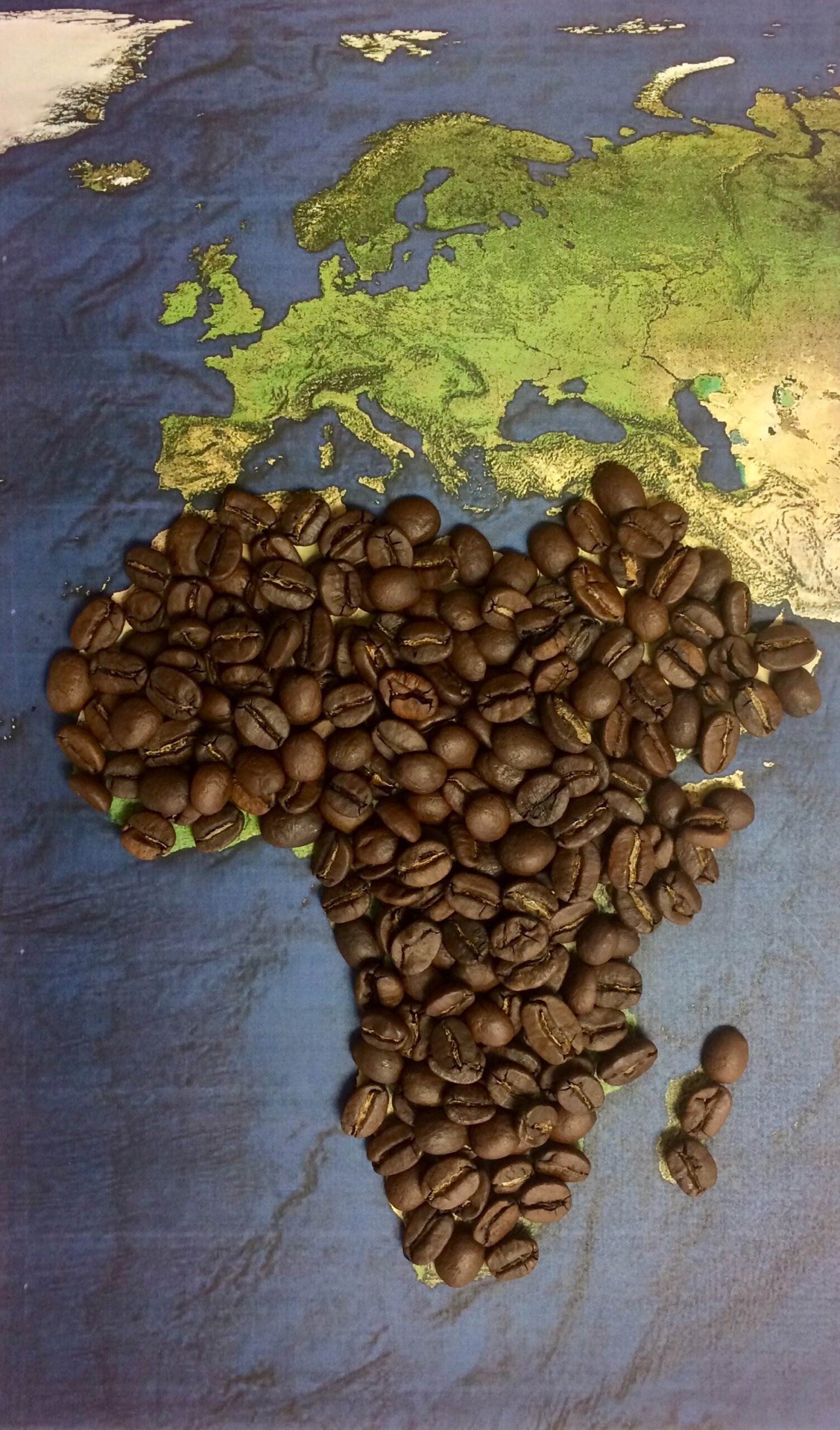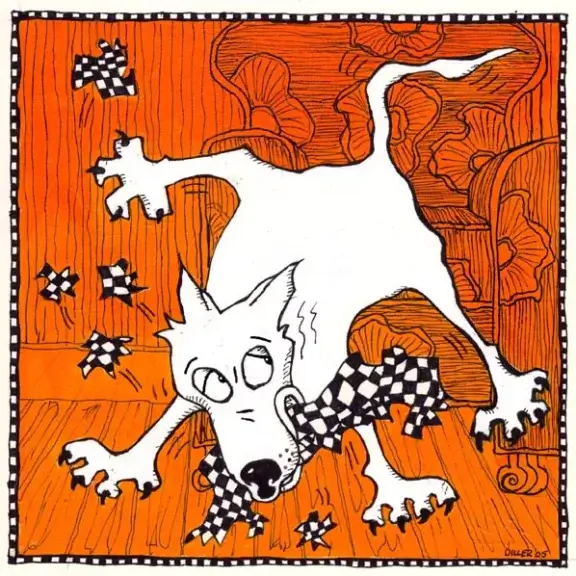
Coffees tend to have some similarities depending on the region where they are grown. African coffees, for example, tend to evoke hints of wine, fruit, and earthiness. Differences in coffee variety, processing, roasting, and even brewing method will affect the final flavor, but generally speaking, if there’s a trait you like about one coffee from a particular region, it’s a good bet you might enjoy something else grown in a similar location (or processed in a similar way).
You can purchase our single origin African coffees here
Africa has almost ideal growing conditions for coffee. High elevations, mineral-rich, often volcanic soil, and warm temperatures due to proximity to the equator, are just a few of the factors that lead to the distinctively unique flavor of African coffees. We are sure to always source premium quality beans from Africa, and we roast daily, to ensure the freshest coffee!
African coffees are processed either using the dry (natural) or wet (washed) processes. (We’ll talk more about processing methods in a future article.) Each method produces different flavors in your final cup. Dry processed African coffees tend to be earthy and fruity. Wet processed African coffees tend to have a cleaner or crisper taste. We see about a 50/50 split on processing methods with the single origin African beans we use here at Carrabassett Coffee. Which method leads to the best coffee? That’s simply a matter of taste!
A favorite African coffee here in the Carrabassett Coffee Company office is Ethiopia. A medium roast, it packs a fruity punch of flavor as you finish each sip. If you are looking for a rich, bold, and distinct single origin coffee, give the Ethiopia a try! It’s a high-quality coffee with a well-developed taste.
On almost the other side of the flavor spectrum is the Tanzania Peaberry. The Peaberry refers to a natural mutation in the coffee plant, where only one coffee bean grows inside the coffee cherry, rather than two. The result is a smaller coffee bean, packed with unique flavor. We describe our Tanzania Peaberry as having wine-like acidity. It’s unlike any other coffee and worth experiencing.
Some of our specialty blends that use African coffees are Bad Dog Blend and Longfellow Blend.



